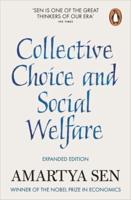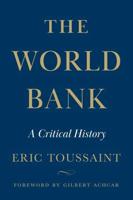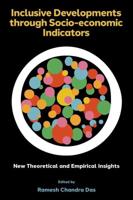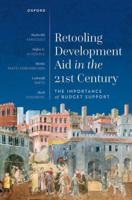Publisher's Synopsis
The propensity to adopt criminality as a way of life is rooted in one's upbringing and self-orientation. Most criminals from childhood spend their lives mired in behavioral poverty; making wrong choices, and consequently accepting crimes as shortcuts to maximizing their present enjoyment at the expense of long-term wellness for themselves and others. Behavioral poverty is encapsulated in the attitudes, values, emotions, and beliefs that justify entitlement thinking, the spurning of personal responsibility, and the rejection of the received norms/mechanisms of advancement. It is characterized by high self-indulgence, low self-regulation, exploitation of others, and limited motivation and effort toward making an honest living. It is also correlated with a range of antisocial, immoral, and imprudent behaviors, including substance abuse, gambling, stealing, insolvency, poor health habits, gangsterism, and other sundry crimes. Once an individual matures in criminality, getting out of it is difficult, albeit possible with a determination to replace behavioral poverty with hard work, discipline, and purposeful living.
Prof. Uwem Essia is an economist with many years of teaching, research, and consulting experience in economics, the management sciences, and related human development fields. He is currently engaged in private studies and publishing.








